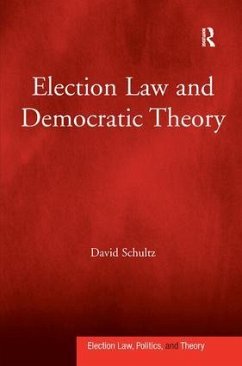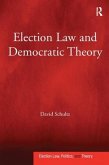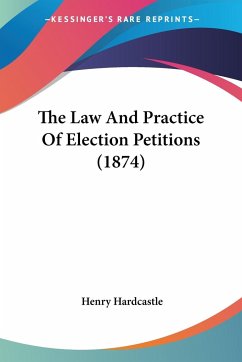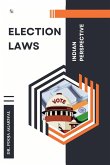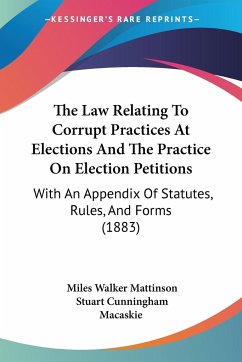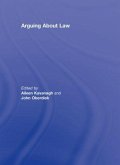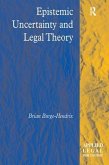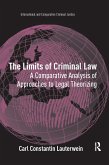While numerous books and articles examine various aspects either of democratic theory or of specific topics in election law, there is no comprehensive book that provides a detailed and scholarly discussion of the political and democratic theory underpinnings of election law. Election Law and Democratic Theory fills this important gap, as author David Schultz offers a scholarly analysis of the political principles and democratic values underlying election law and the regulation of political campaigns and participants in the United States. The book provides the first full-length examination of the political theories that form the basis for many of the current debates in election law that structure both Supreme Court and scholarly considerations of topics ranging from campaign finance reform, voting rights, reapportionment, and ballot access to the rights of political parties, the media, and other players in the system. It challenges much of the current debate in election law and argues for more discussion and development of a democratic political theory to support and guide election law jurisprudence.
Hinweis: Dieser Artikel kann nur an eine deutsche Lieferadresse ausgeliefert werden.
Hinweis: Dieser Artikel kann nur an eine deutsche Lieferadresse ausgeliefert werden.

